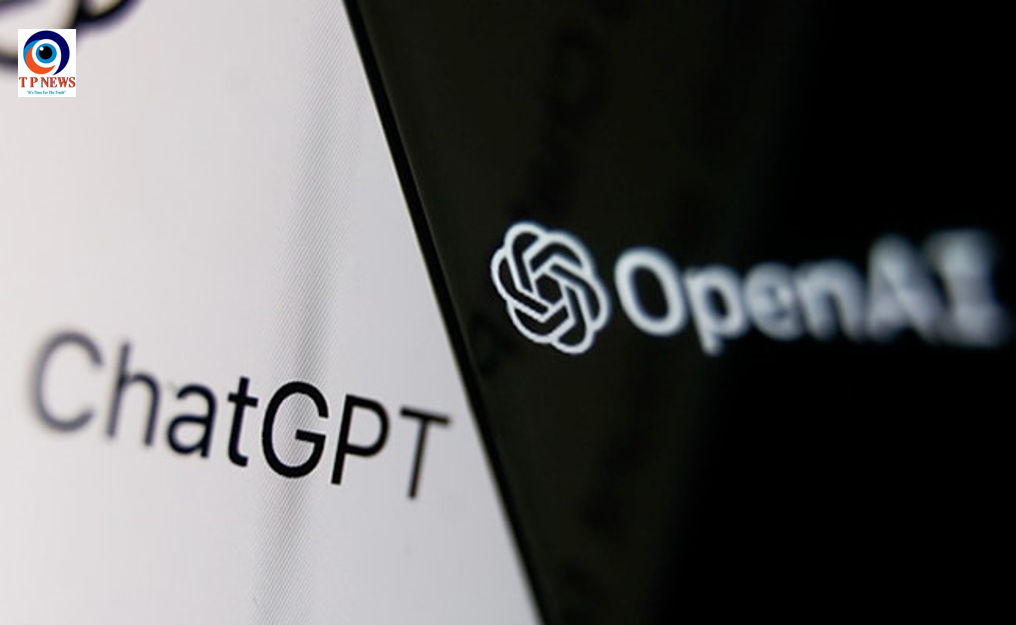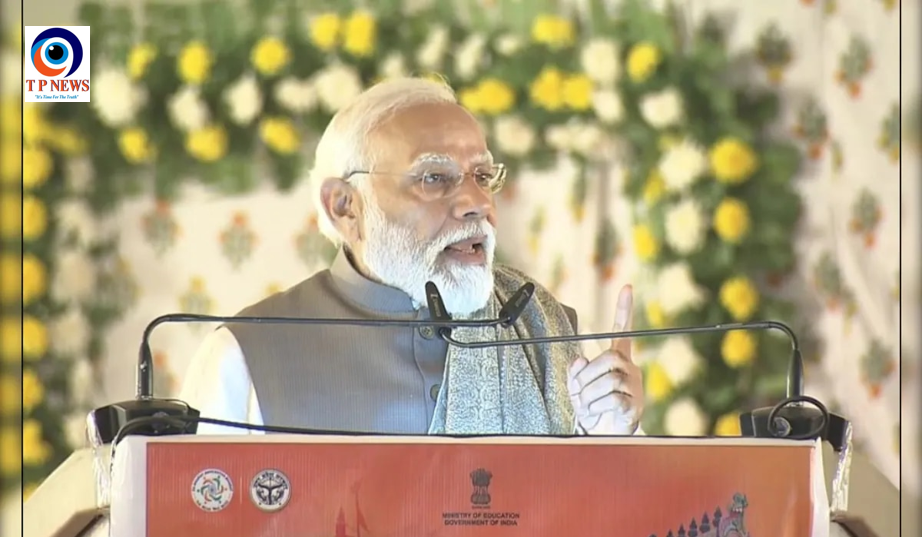Indian IT giant Infosys has terminated a $1.5 billion agreement with a global company specializing in artificial intelligence (AI) solutions. The deal, initially announced in September for 15 years, has been canceled by mutual agreement. The undisclosed global partner chose to terminate the Memorandum of Understanding (MoU), and both parties will not proceed with the Master Agreement.
Deal Background: Infosys signed a Memorandum of Understanding on September 14, 2023, for a $1.5 billion contract over 15 years with a global company focused on AI solutions.
Cancellation Announcement: The termination was confirmed in a regulatory filing to stock exchanges, following the earlier disclosure in September.
Reasons Unspecified: Infosys did not provide reasons for the cancellation of the project, leaving the details undisclosed.
Recent CFO Resignation: The termination comes shortly after the unexpected resignation of Infosys’ Chief Financial Officer (CFO) Nilanjan Roy. However, the company has not linked the deal cancellation to the CFO’s departure.
Business Pressures: The cancellation highlights potential challenges for Infosys and other IT companies in India, facing subdued business over the past few quarters.
Financial Overview: Infosys reported a 3.17% rise in net profit to ₹6,212 crore in the July-September quarter. The company had narrowed its revenue growth guidance to 1-2.5% for the full year.
Recent Wins: In the September quarter, Infosys secured significant deals, including a $7.7 billion contract, and more recently, a five-year deal with auto parts distributor LKQ Europe.
Upcoming Earnings Announcement: Infosys is scheduled to declare its October-December quarter earnings on January 11, 2024.
The termination of the $1.5 billion AI deal adds to the evolving landscape for Infosys, as the company navigates challenges and seeks new opportunities in the dynamic IT sector.













